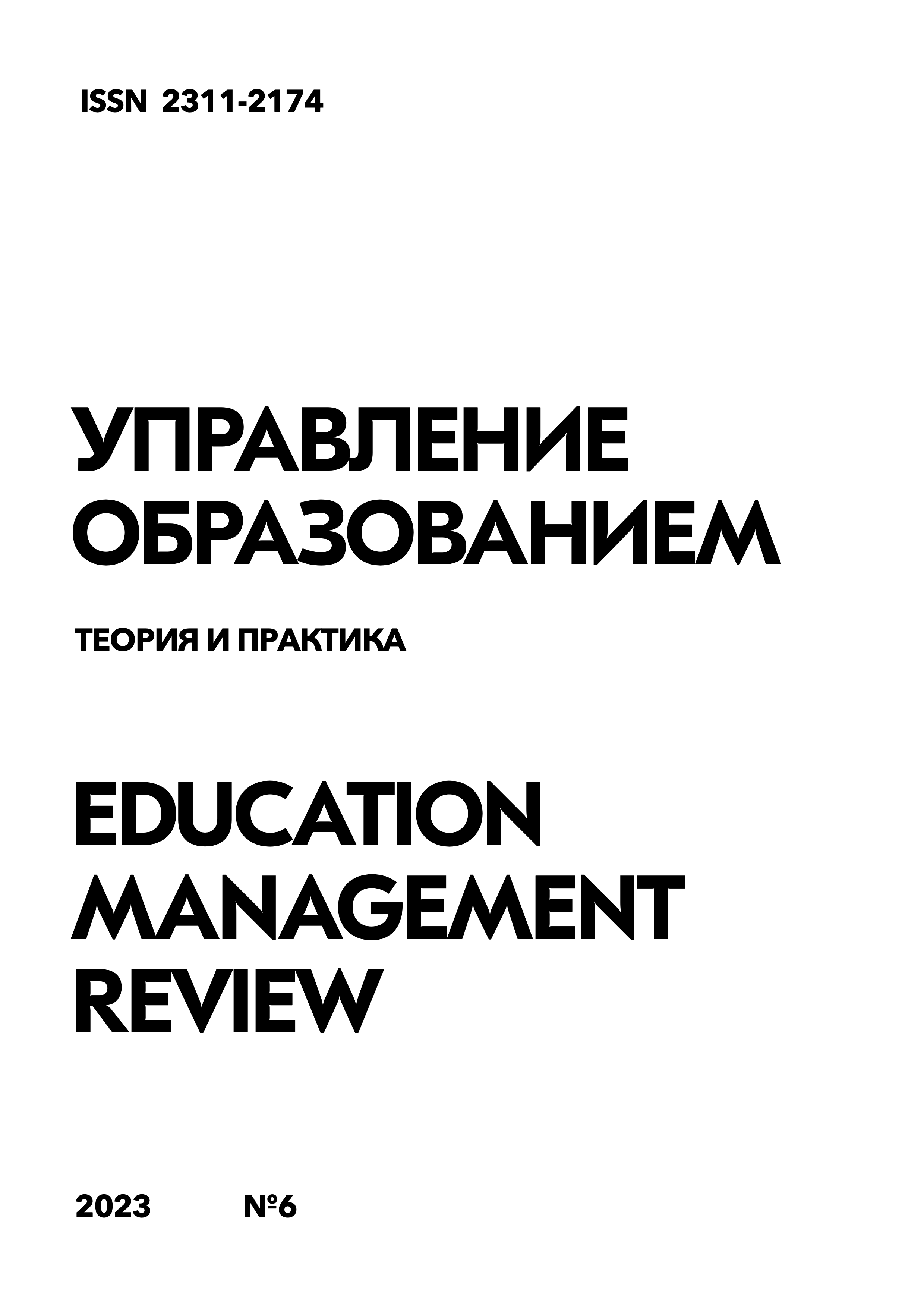Approaches to assessment and correction of errors in the process of teaching foreign languages
DOI:
https://doi.org/10.25726/t6562-6958-7346-dKeywords:
estimation, discrete estimation, global estimation, error correctionAbstract
This article is devoted to the study of the issue of assessment and correction of errors in the process of teaching foreign languages. The authors attempted to study various approaches to assessing the level of proficiency in a foreign language and to study the state of the problem of error correction. This article discusses various approaches to assessing and correcting errors in the process of teaching foreign languages. The authors analyze traditional methods of assessment and correction of errors, such as oral and written tests, correction by the teacher and mutual assistance between students. In addition, the article presents new approaches and innovative methods, such as the use of technologies and computer programs for error assessment and correction, as well as the active use of autonomous learning and self-control. The study emphasizes the importance of an individual approach to assessing and correcting mistakes, taking into account the context and abilities of students to achieve optimal results in teaching foreign languages.
References
Архарова М. Исправление ошибок в процессе преподавания иностранного языка: теория и практика. http://iyazyki.ru/2014/01/corrections-mistakes/
Antonacci P. Natural assessment in whole language classrooms / P. Antonacci // In A. Carrasquillo and C. Hedley (Eds.). Whole language and the Bilingual Learner. – Norwood, NJ: Ablex Publishing Company, 2003. – Pp. 116-131.
Brown J. The alternatives in language assessment / J. Brown, T. Hudson // TESOL Quarterly. – 1998 – #32(4). – p. 653-675.
El-Koumy A. Teaching and Learning English as a Foreign Language: A Comprehensive Approach / A. El-Koumy. – Cairo: Dar An-Nashr for Universities, 2002. – 175 p.
Goodman K. S. What's Whole in Whole Language? / K. S. Goodman. – Portsmouth, NH: Heinemann, 2000.
Larsen-Freeman D. Techniques and Principles in Language Teaching / D. Larsen-Freemam. – Oxford: Oxford University Press, 1986.
Norris J. Whole Language Intervention for School-Age Children / J Norris, P. Hoffman. – San Diego, California: Singular Publishing Group, Inc., 2003.
Oller J. Language Tests at Schools / J. Oller. – London: Longman, 1999. – 298.
O'Neil J. Putting performance assessment to the test / J. O'Neil // Educational Leadership. – 2002. – № 49(8). – P. 14-19.
Terrel T. The Natural Approach to Language Teaching: An Update / T. Terrel // Modern English Journal. – 1982. – № 66. – P. 121-132.
Truscott J. The Case against Grammar Correction in L2 Writing Classes / J. Truscott // Language Learning. – 1996. – № 46 (2). – P. 327-369.
Vance J. Developing comprehension and thinking in whole language classrooms / Diane Stephens, Janet Vance, and Constance Weaver (Eds.), Understanding Whole Language: From Principles to Practice. – Portsmouth, NH: Heinemann, 2010. – P. 168-181.




